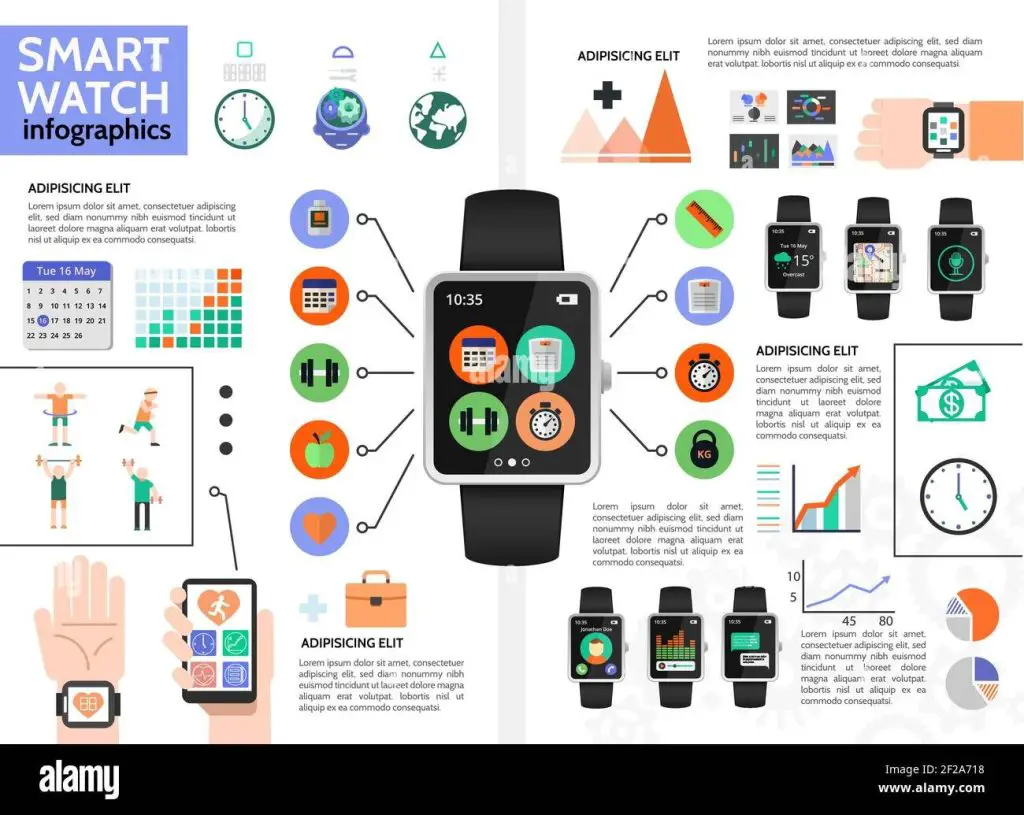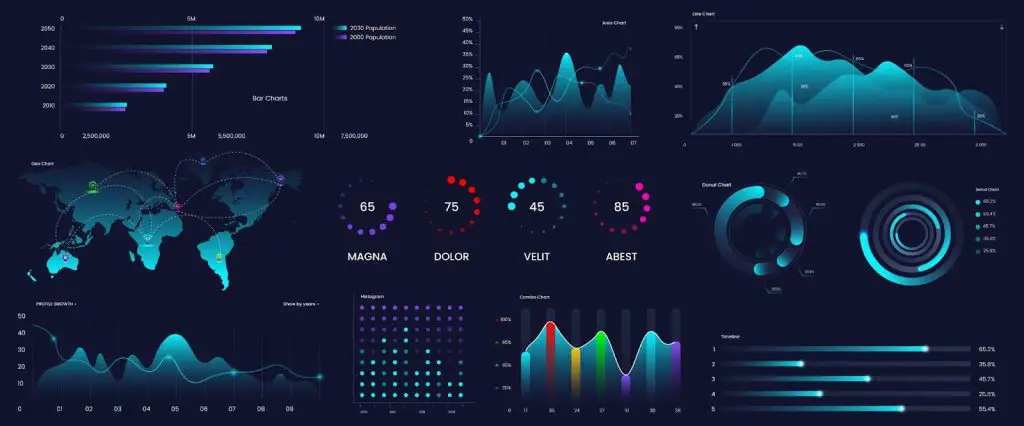Wearable health trackers have revolutionized personal health monitoring, but how accurate are they? Devices like Fitbit, Apple Watch, and Garmin promise to track steps, heart rate, sleep patterns, and even blood oxygen levels. While they provide valuable insights, their accuracy varies depending on the technology behind them and how consistently and properly they are used by individuals.

How home automation is changing real estate and property value is a growing consideration as smart health devices increasingly integrate with living spaces. Homes equipped with wearable-compatible features—such as remote health monitoring systems, smart lighting, and automated climate control—are becoming more desirable to buyers. These tech-enhanced properties often command higher market value, especially among aging populations and tech-forward homeowners looking for convenience, wellness, and long-term efficiency.
How Wearable Health Trackers Work

These devices use sensors such as:
- Accelerometers and gyroscopes to detect movement and track steps.
- Photoplethysmography (PPG) sensors to measure heart rate by detecting blood volume changes.
- Electrocardiograms (ECG) and pulse oximeters to track heart rhythm and oxygen levels.
Accuracy of Common Health Metrics

- Step Counting: Typically reliable for walking and running but may inaccurately log steps during non-walking activities such as cycling or excessive hand movements.
- Heart Rate Monitoring: Accurate during periods of rest, though readings can fluctuate or lag behind during intense physical exercise.
- Sleep Tracking: Effectively measures total sleep duration but has limitations in precisely distinguishing between different sleep stages.
- Calorie Burn Estimation: Estimates are often imprecise as they depend on standard algorithms rather than individual metabolic rates.
- Smart Home Assistants (Alexa, Google, Siri): Each offers unique strengths—Alexa excels in smart home device integration, Google Assistant is superior for search-based tasks, and Siri integrates seamlessly with Apple’s ecosystem—making the best choice dependent on user preference and existing devices.
Improving Accuracy
To enhance accuracy, users should wear their devices correctly, ensure they are calibrated to their individual body metrics, and periodically compare their readings with professional medical equipment. This helps validate the data and ensures the information being used to track health is as reliable as possible.
The ethics of home automation: privacy concerns and security risks are becoming increasingly important as wearable tech often connects with smart home systems. As these devices collect sensitive personal data, issues such as unauthorized access, data sharing without consent, and vulnerability to cyberattacks must be addressed. Ensuring transparency, strong encryption, and ethical data use policies is essential to maintaining user trust in a connected living environment.
Conclusion
Wearable health trackers have transformed the way we monitor our fitness and well-being, offering valuable insights into our daily activity, heart rate, and sleep patterns. While they are not as precise as medical-grade devices, they are excellent tools for tracking trends and making healthier lifestyle choices.
As technology continues to advance, we can expect even greater accuracy in future wearable devices. Improvements in sensor technology, artificial intelligence, and data processing will enhance their reliability, making them even more useful for both personal and medical applications.